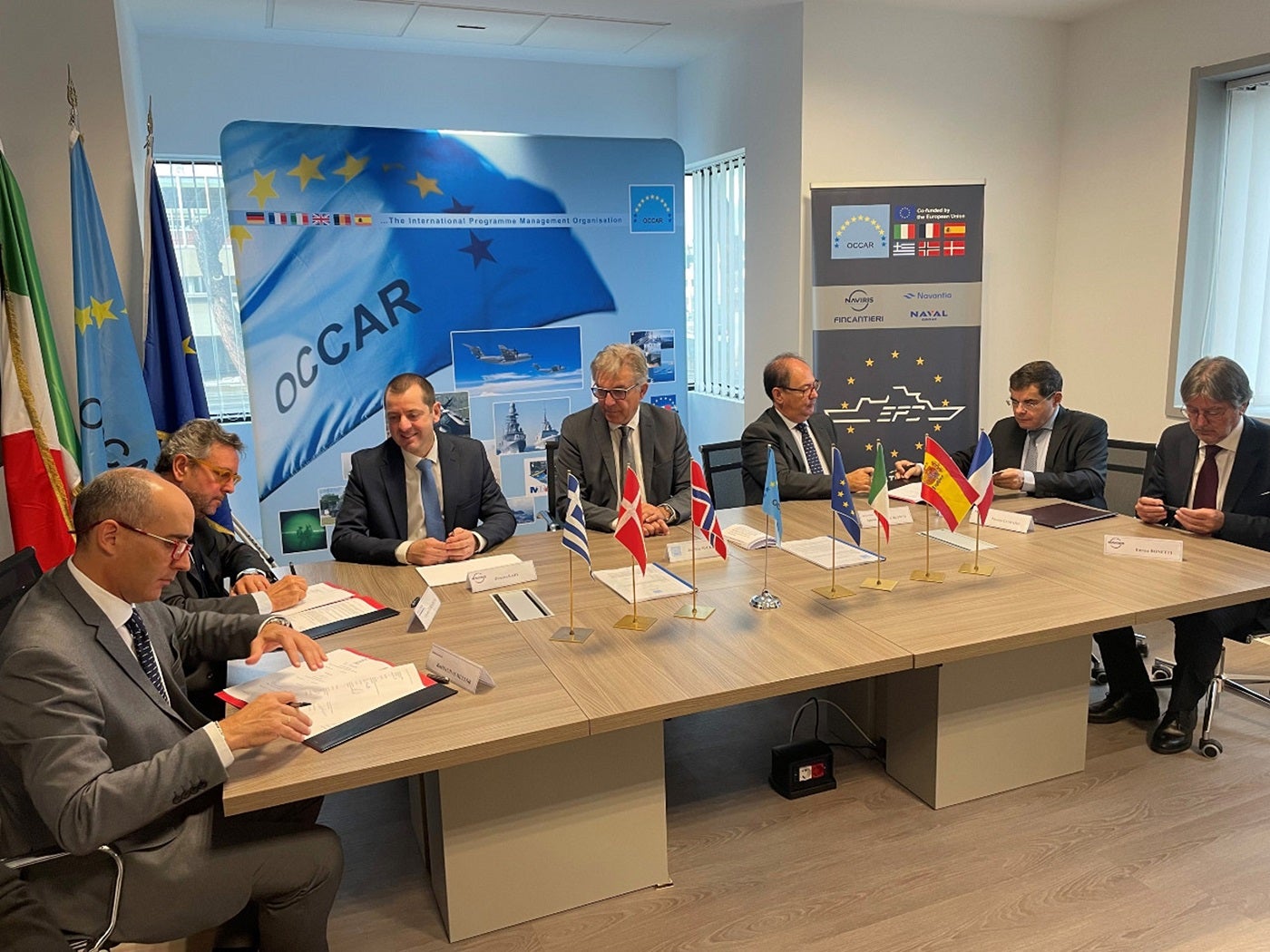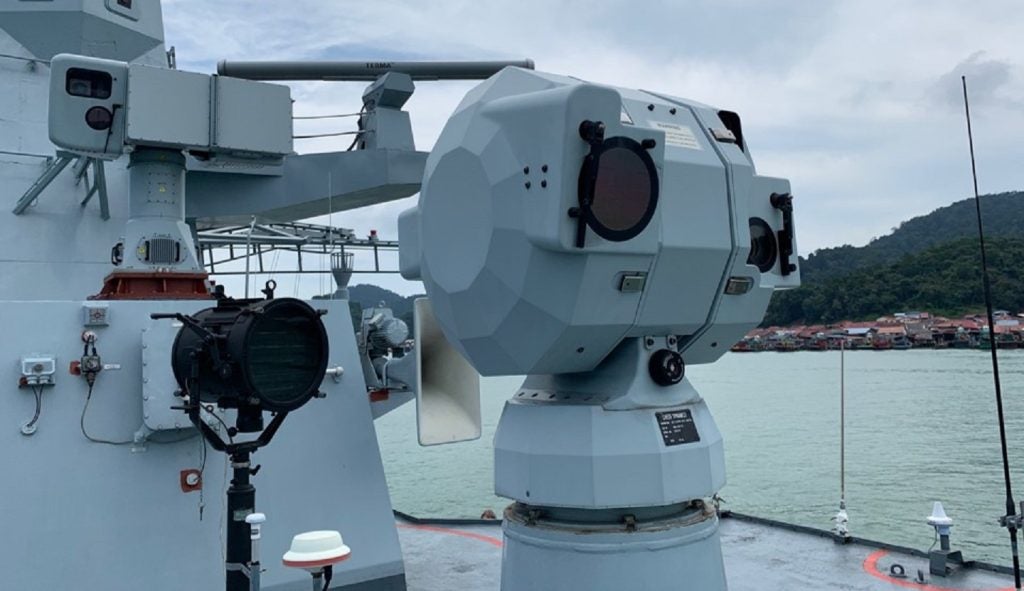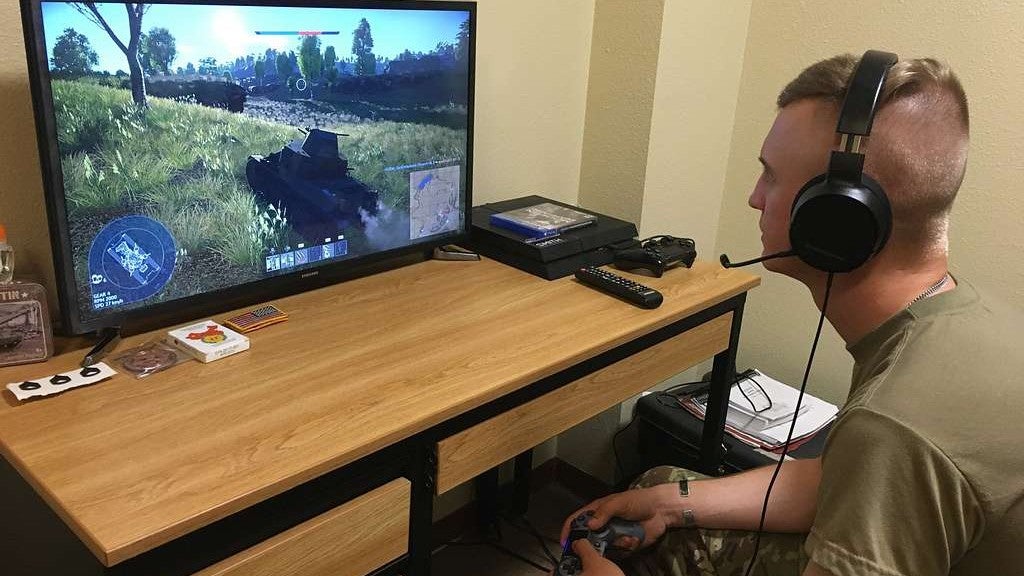
The MMPC project has embarked on its maiden voyage by signing a consortium agreement led by OCCAR (Organisation for Joint Armament Cooperation).
The project promises change within Europe’s Naval capabilities, bolstering sovereignty and efficiency.
An event unfolded at OCCAR premises in Rome as the first phase of the EPC project was set in motion. OCCAR, in collaboration with a consortium led by Naviris and comprising Fincantieri, Naval Group, Navantia, and beneficiary nations Greece, Denmark and Norway, formally inked the contractual documents for the MMPC project.
The agreement’s total value amounts to €87m, enjoying support from the European Commission (EC) through the European Defense Fund (EDF). The EC is contributing €60m in grants, with the remaining €27m pooled by member states including Denmark, France, Greece, Italy, Norway and Spain, all of whom have rallied behind the project.
Launch of the European next-generation Patrol Corvette project
OCCAR will spearhead the project as both the granting authority on behalf of the EC and the contracting authority on behalf of the participating member states.
The company delegates solidified their commitment to the endeavour by signing a consortium agreement to guide the project’s execution. This collaborative approach will maximise synergies and cooperation within European shipbuilding industries.
Over 24 months, the MMPC project’s first contract will focus on creating the initial design for the EPC, a next-generation naval vessel. This vessel, developed within the context of a PESCO project, will feature two main versions: the Long Range Multipurpose and the Full Combat Multipurpose.
Consortium agreement for the European Patrol Corvette
These designs will result from the synergy of three European shipbuilding companies, namely Naval Group, Fincantieri and Navantia, tailored to meet the operational requirements of various European navies.
This month, Naval Group, in partnership with Kership, launched the second of 12 Belgian-Dutch mine counter-measure vessels (MCMVs), the Vlissengen, as part of the rMCM program initiated in 2019.
Navantia leads six projects valued at more than €265m supported by the European Defense Fund (EDF). Notably, Navantia leads the EDINAF project, focusing on digital ship architecture, and participates in projects like dTHOR, EPC, HYDEF, EDOCC, and Q-SING.
The EPC programme marks a step forward in European defence cooperation, enhancing European sovereignty in the second-line vessels domain.
By strengthening the European industry, the project underscores the ability of European nations under OCCAR’s management to work cohesively to support European navies.
This new class of vessels aims to be capable of fulfilling a range of missions in an operational context. Adaptable to each navy’s specific requirements, from tasks such as high-seas surveillance with a high degree of autonomy to law enforcement and sovereignty-affirmation missions closer to the coast, aligning with the needs of different European navies.
The EPC project, a collaborative initiative driven by EU member states under the PESCO project, represents a leap forward in naval vessel development.
Officially joined by five navies (Italy, France, Spain, Greece, and Norway), with Romania, Ireland and Portugal as observers, the project is tasked with defining the requirements for a second-rank surface combatant approximately 110m long and weighing 3,000 tons, set to replace several series of ageing ships shortly.
Supported wholeheartedly by the EC and participating member states, the EPC project’s journey began with the European Commission’s call for the MMPC. Naviris coordinated the proposal involving a consortium of 40 companies from 12 countries.
This proposal was selected in July 2022, securing an EDF grant and national co-funding from the member states for a two-year initial phase dedicated to design, technological development, and establishing common working methodologies, rules and standards.
The future of European naval defence is set to sail on the waves of cooperation, reinforcing the continent’s security and sovereignty.








